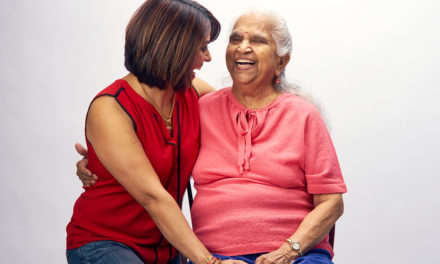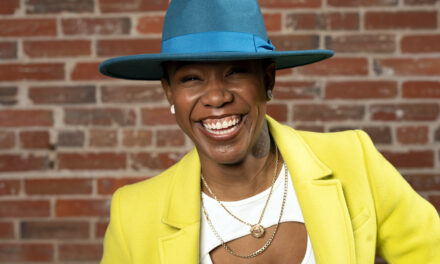by Leah Ingram
Just the very nature of being a woman means you are less likely to get enough sleep. In fact, if you are a female between the ages of 30 and 60, you are likely not getting enough sleep. A National Sleep Foundation poll found that 50 percent of women in this age range have disrupted sleep.
For starters, women are particularly vulnerable to sleep problems when they have their period, due to bloating and cramps. Then there is pregnancy and the sleep issues it causes. According to Marcella Frank, D.O., medical director of the Capital Health Center for Sleep Medicine, 78 percent of pregnant women have disturbed sleep, and the disruptions can include snoring, heartburn, and frequent urination. Once children are in the picture, middle-of-the-night awakenings become commonplace. After the childbearing years, women move into menopause, which brings with it hot flashes that can keep a woman up at night. And then finally, in old age, many women have medical conditions, ranging from pain to sleep apnea, that affect sleep. Beyond the physical, there is a psychological reason why women may not be able to get a good night’s sleep—worry. From raising young children to taking care of aging parents, women carry a huge burden. “There isn’t just one responsibility,” says Dr. Frank, “so by the time a woman goes to bed, she may ask, ‘Did I get it all done?’”
Although this paints a depressing picture, Dr. Frank says there are a number of approaches women can take to help them get not only enough sleep … but a good night’s sleep. And none of it involves a sleep aid like Ambien or Lunesta. “Our goal is to find the problem and fix it,” says Dr. Frank, adding that she prescribes sleep-inducing medicine infrequently, instances of which may include when someone has jet lag or needs to shift her sleep phase, such as for overnight work.
Here are four strategies for getting a better night’s sleep:
Use Worry Cards
“We tell people to find a quiet spot in a dimly lit room before bedtime, and sit as if you were going to go to sleep,” Dr. Frank explains. “See what thoughts race through your mind. Then, jot them down.” She recommends you continue doing this until there is nothing left to write down. “The act of transferring the worries helps people, psychologically,” she adds. “Does it work for everyone? No, but for some people, it is helpful.”
Avoid Triggers
Exercise, caffeine, and smoking before bed can make it difficult to fall asleep. Even alcohol can harm restful sleep. Whereas you may feel sleepy at first, once the alcohol wears off, you may find yourself wide awake.
Quiet Your Mind
Don’t watch the evening news if it stresses you out, try not to fight with your spouse or kids, and definitely don’t do the bills if that will leave you worrying all night about your financial future. Instead, find a before-bed routine that tells your brain, “OK, it’s time to go to sleep.” That routine could mean taking a warm shower or doing a crossword puzzle.
See a Doctor
Everything from allergies and asthma to acid reflux can make sleeping difficult. You may not realize these conditions are affecting sleep, but if you can’t pinpoint any other reason why you’re not sleeping, it’s time to see your primary care physician to discuss your overall health.
Although in certain phases of a woman’s life it may seem impossible to sleep, perchance to dream, with these strategies in mind, you can increase your chances of sleeping like that proverbial baby.










